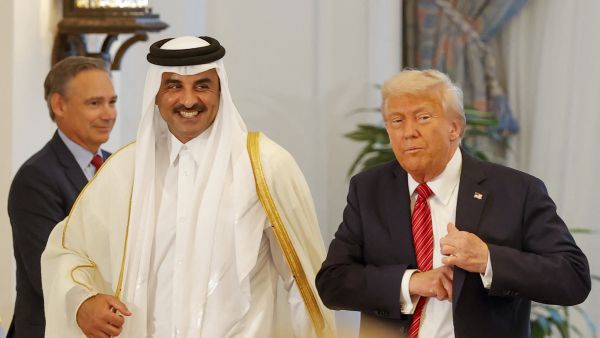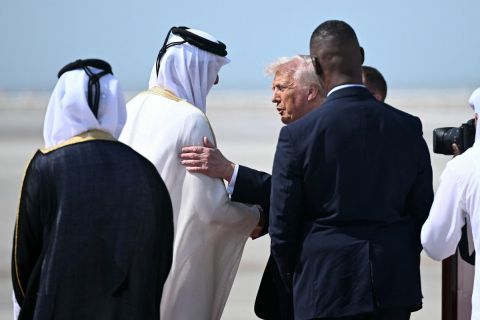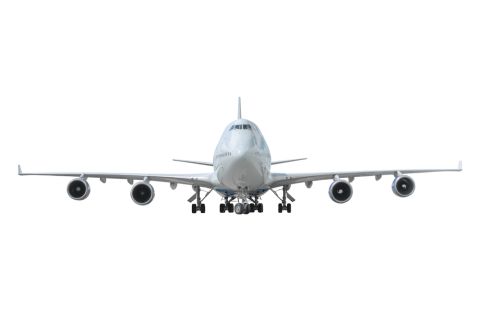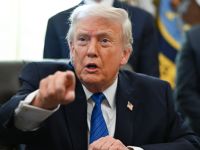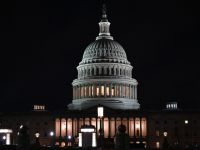ALBAWABA- In a landmark economic announcement during his visit to Doha, U.S. President Donald Trump secured an economic cooperation package worth $1.2 trillion with Qatar, part of a broader $3.6 trillion commitment from key Gulf states, including Saudi Arabia and the UAE.
The deal, hailed by Washington as a major boost to American manufacturing and job creation, comes amid a regional diplomatic shift where the U.S. seeks deeper alliances and investments, often bypassing traditional Arab concerns such as the Palestinian cause.
Among the most notable agreements was Qatar Airways’ purchase of up to 210 Boeing aircraft and GE Aerospace engines, worth $96 billion, marking Boeing’s largest widebody aircraft deal to date.
According to U.S. figures, this sale is expected to support over 150,000 jobs annually in the American aerospace sector.
Trump’s visit also oversaw multiple high-stakes contracts in defense and technology, including a $1 billion counter-drone deal with Raytheon and a $2 billion purchase of General Atomics’ MQ-9B drones.
Additionally, Qatar pledged a $1 billion investment in quantum technologies via a joint venture with Al Rabban Capital and U.S.-based Quantinuum.
In the energy sector, U.S. company McDermott continues its $8.5 billion partnership with QatarEnergy to develop vital LNG infrastructure, while Parsons landed engineering projects worth up to $97 billion.
Qatar’s expanding investments in the U.S., from tourism to energy, are seen as part of its long-term vision outlined in “Qatar National Vision 2030.” The U.S., which recorded a $2 billion trade surplus with Qatar in 2024, views this partnership as crucial to sustaining economic momentum and geopolitical influence in the Gulf.
Critics, however, note that such deals represent a deeper transformation of U.S.-Gulf relations, increasingly driven by mutual economic interests and strategic military alignments, often at the expense of long-standing regional causes.



